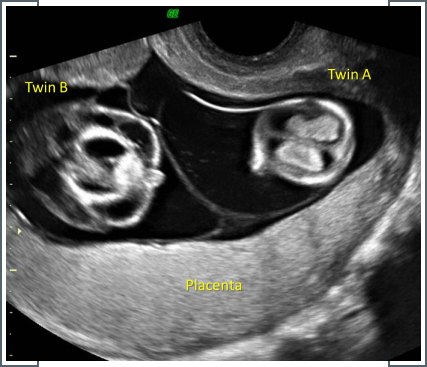Normal Services

Anomaly Scan
An anomaly scan or a mid-pregnancy ultrasound scan is a detailed examination performed around 18-22 weeks of pregnancy. Its primary purpose is to assess the baby’s growth and development, as well as to detect any structural abnormalities. During the scan, a trained sonographer examines various aspects, such as the baby’s head, brain, spine, heart, kidneys, limbs and umbilical cord. They also check the placenta and amniotic fluid levels. The scan provides crucial information to parents and doctors, helping to ensure the baby’s health and well-being throughout pregnancy and into birth, guiding any necessary medical interventions or preparations.

Growth Scan with Doppler Assessment
A growth scan with Doppler assessment is a specialized ultrasound procedure performed during pregnancy to evaluate the baby’s growth and assess blood flow within the umbilical cord and various fetal vessels. The scan measures the baby’s size, particularly focusing on head and abdominal circumference and femur length, to monitor growth patterns and detect any deviations from expected norms.
Doppler ultrasound is used to examine blood flow in the umbilical artery, middle cerebral artery and other vessels, providing insights into placental function and fetal well-being. This comprehensive assessment helps doctors monitor fetal development, identify potential issues early and make informed decisions regarding the management of pregnancy.


Cervical Length Assessment
Cervical length assessment is a crucial tool in obstetrics that is used to predict the risk of preterm birth. Usually measured via ultrasound, it evaluates the length of the cervix, which shortens as labour approaches. A shorter cervix early in pregnancy increases the likelihood of premature delivery. This non-invasive screening helps doctors identify high-risk pregnancies early, allowing for timely interventions to reduce the risk of preterm birth and improve maternal and neonatal outcomes. Regular monitoring throughout pregnancy ensures proactive management for optimal maternal and fetal health.

Early Pregnancy Scan


Dating Scan

Viability Scan


Fetal Echocardiography Scan

NIPT


Ultrasound assessment of pregnancies with fibroids

3D/4D Ultrasound


Müllerian anomalies ultrasound for multiple pregnancies and monochorionic twin pregnancy complications
Ultrasound for multiple pregnancies, particularly in cases of monochorionic twins or pregnancies complicated by Müllerian anomalies, is essential for assessing fetal development and monitoring potential complications. Müllerian anomalies involve structural abnormalities in the uterus, impacting fertility and pregnancy outcomes. In monochorionic twins who share a placenta, ultrasound helps detect complications like twin-to-twin transfusion syndrome, where blood flow between twins is imbalanced. Early detection through ultrasound enables timely intervention, ensuring proper management to mitigate risks such as preterm birth or developmental issues.
